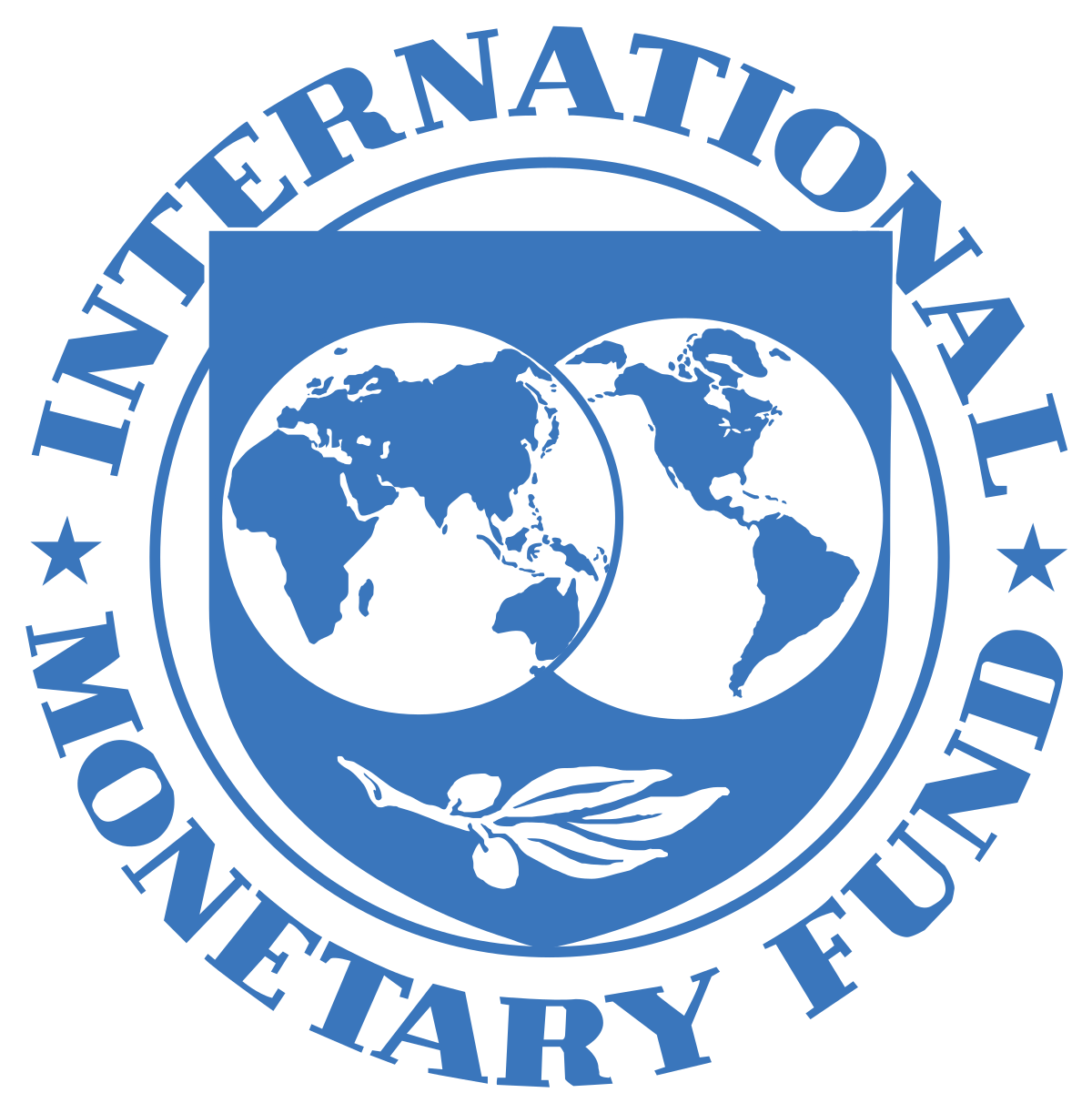
Pakistan remains in the throes of economic crisis. The country badly needs economic reforms both to meet the conditions imposed by the International Monetary Fund (IMF) but also for the betterment of Pakistanis. Unfortunately, all indications so far are that the government is likely to follow the fiscally imprudent path rather than follow through with the reforms it has promised lenders to ensure longer-term economic stability.
As an editorial in Dawn noted, “there could not have been a more challenging time than the present ones for preparing the national budget. The uncertainties related to elections and foreign funding required to cover the massive external account financing gap of about $25bn during the next financial year, amid deepening domestic political crises and unfavourable global economic circumstances, mean that our fiscal authorities would be budgeting this year on hope rather than tangibles.”
On top of that “the strong compulsion the PML-N-led government must be feeling to appease voters as the monthly price inflation hits another record high of 38pc days before Budget 2024, and it becomes obvious that the present rulers really have their work cut out for them before the next general polls.”
Thus, the chances of a ‘populist’ budget are likely “including a large fiscal stimulus in the shape of development allocations to recoup some of its lost political capital. But this will be disastrous for an economy on the brink of default. The government has already choked the economy to avoid a default as foreign funding dries up thanks to slumping relations with the IMF.”
The Dawn editorial warns that “A populist — or what Finance Minister Ishaq Dar has described as a “welfare-oriented, pro-investment and business-friendly” — budget will be fraught with the risk of Pakistan being pushed deeper into economic depression and away from multilateral and bilateral lenders. With the country confronting stagflation — marked by flattening economic growth, soaring unemployment and spiking inflation — there has never been a more compelling case for a budget that focuses on fiscal, governance and structural reforms for longer-term economic recovery and sustainability.”
In conclusion, the Editorial notes, Pakistan needs foreign financing and a “fiscally irresponsible budget can make a new deal with the Fund even more difficult. Domestic revenue resources also remain scarce — they are insufficient to cover debt-servicing costs, let alone finance development, defence, salaries, pensions, etc.”
![]()





